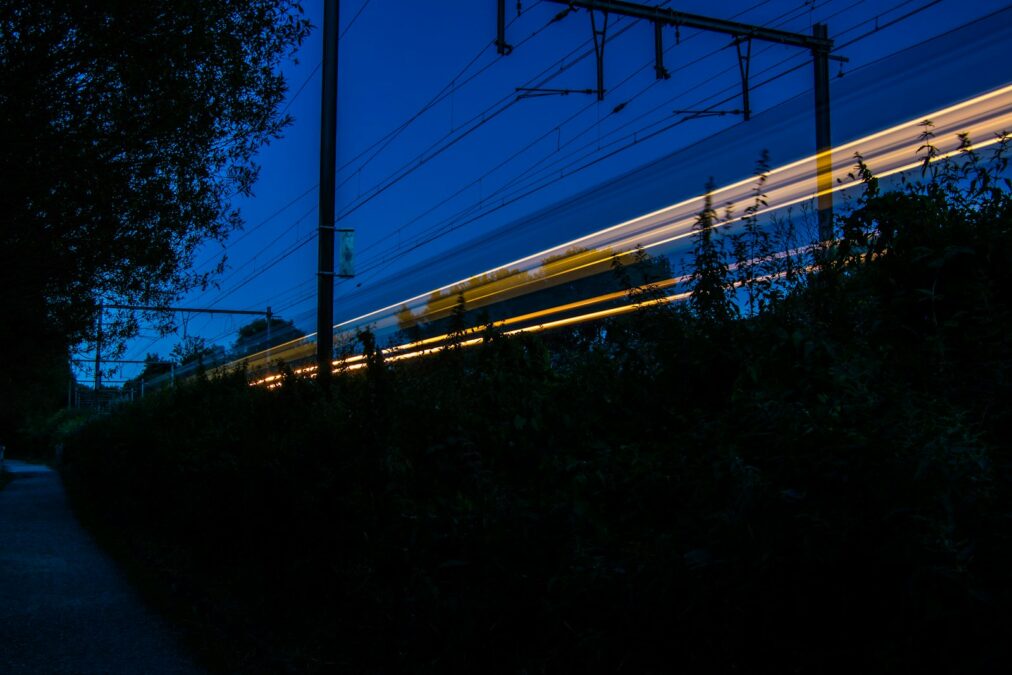Discover the transformative power of Transit-Oriented Developments (TODs) in Riyadh and Dubai. Learn how TODs enhance urban living, promote sustainability, and reduce car dependency. Explore the benefits of walkability, accessibility, and reduced environmental impact through strategically integrated communities around transit hubs.
Enhancing Urban Living Through Transit-Oriented Developments
Saudi Arabia and the UAE are at the forefront of urban development, embracing innovative strategies to enhance livability and sustainability in cities like Riyadh and Dubai. One such strategy gaining momentum is the concept of public transit-oriented developments (TODs), which strategically integrate residential, commercial, and recreational spaces around transit hubs. This article explores how TODs are reshaping urban landscapes in Riyadh and Dubai, promoting walkability, reducing car dependency, and fostering vibrant communities.
The Rise of Transit-Oriented Developments
Transit-oriented developments are revolutionizing urban planning by emphasizing accessibility, connectivity, and sustainability. In Riyadh and Dubai, these developments capitalize on existing transit infrastructure, such as metro and tram networks, to create vibrant, mixed-use communities. By concentrating housing, offices, retail, and amenities within walking distance of public transportation, TODs encourage residents to rely less on cars, thereby reducing traffic congestion and carbon emissions.
Benefits of Transit-Oriented Developments
Walkability and Accessibility: TODs prioritize pedestrian-friendly environments, with well-designed sidewalks, bike lanes, and public spaces that encourage active mobility. Residents enjoy easy access to public transit, reducing the need for private vehicles and promoting healthier lifestyles. Additionally, the proximity of amenities like shops, restaurants, and parks enhances convenience and quality of life.
Reduced Car Dependency: By providing alternative transportation options, TODs alleviate reliance on cars, mitigating traffic congestion and parking demand. This not only improves air quality and reduces greenhouse gas emissions but also fosters a more equitable and inclusive urban environment, where individuals of all socioeconomic backgrounds can access essential services and opportunities.
Challenges and Solutions
Urban Integration: Integrating TODs into existing urban fabric requires careful planning and coordination among stakeholders. Challenges may include land acquisition, zoning regulations, and community engagement. However, proactive governance, transparent decision-making processes, and innovative financing mechanisms can overcome these hurdles, ensuring that TODs align with broader urban development goals.
Infrastructure Investment: Developing robust transit infrastructure is essential for the success of TODs. Governments and private developers must invest in efficient and reliable public transportation systems, including metro, tram, and bus networks. Additionally, enhancing pedestrian and cyclist infrastructure fosters a safe and inviting environment for active transportation, further reducing reliance on cars.
Embracing Sustainable Urban Futures
As Riyadh and Dubai continue to grow and evolve, transit-oriented developments offer a blueprint for sustainable urban futures. By prioritizing connectivity, accessibility, and community well-being, TODs contribute to the creation of inclusive, resilient, and vibrant cities. Through strategic planning, collaboration, and innovation, Saudi Arabia and the UAE are paving the way towards a more sustainable and prosperous urban landscape.
Championing sustainable urban futures, Riyadh and Dubai lead the way in embracing Transit-Oriented Developments (TODs). By prioritizing connectivity, accessibility, and community well-being, these cities are shaping vibrant, resilient, and inclusive urban landscapes. Through collaborative efforts and innovative approaches to urban planning, Riyadh and Dubai set a precedent for sustainable development in the region and beyond.
As TODs continue to evolve and expand, they represent more than just developments; they embody a vision for the future of urban living. Riyadh and Dubai’s commitment to TODs reflects their dedication to creating cities that prioritize the needs of residents, foster economic growth, and mitigate environmental impacts. With TODs at the forefront of urban development, Riyadh and Dubai are paving the way for smarter, more sustainable cities.
In conclusion, Transit-Oriented Developments stand as pillars of progress, shaping the urban landscapes of Riyadh and Dubai for generations to come. Through their emphasis on connectivity, accessibility, and sustainability, TODs redefine how cities grow, thrive, and sustainably meet the needs of their residents. As Riyadh and Dubai continue to embrace TODs, they set a shining example for cities worldwide, demonstrating the transformative potential of strategic urban planning and development.
#TransitOrientedDevelopments #UrbanPlanning #RiyadhDevelopment #DubaiUrbanism #SustainableCities #PublicTransportation #Walkability #UrbanMobility #CommunityDevelopment #Sustainability

